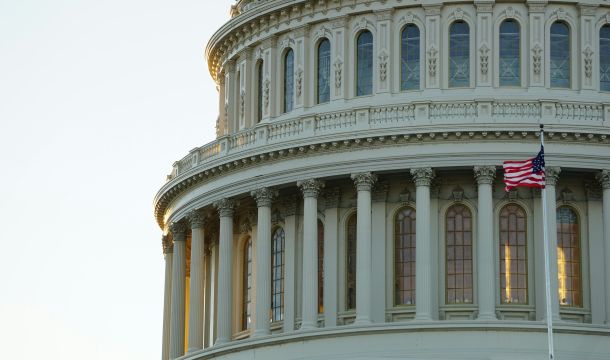Can An Employer Terminate An Employee Who Refuses to Wear a Mask at Work?
As several states see dramatic increases in the number of people who test positive for COVID-19, employers must be very proactive in taking steps to protect workers and customers from the spread of the virus. According to OSHA, employers should assess worker exposure to hazards and risks and implement infection prevention measures to reasonably address them consistent with OSHA Standards. Such measures could include promoting frequent and thorough handwashing or sanitizing with at least 60% alcohol hand sanitizer; encouraging workers to stay at home if sick; encouraging the use of cloth face coverings; and training them on proper respiratory etiquette, social distancing, and other steps they can take to protect themselves. Employers should clean and disinfect frequently touched surfaces (e.g., door handles, sink handles, workstations, restroom stalls) at least daily, or as much as possible.
OSHA generally recommends that employers encourage workers to wear face coverings at work if appropriate. Face coverings are intended to prevent wearers who have COVID-19 without knowing it (i.e., those who are asymptomatic or pre-symptomatic) from spreading potentially infectious respiratory droplets to others. This is known as source control.
Employers have the discretion to determine whether to allow employees to wear cloth face coverings in the workplace based on the specific circumstances present at the worksite. For some workers, employers may determine that wearing cloth face coverings presents or exacerbates a hazard. For example, cloth face coverings could become contaminated with chemicals used in the work environment, causing workers to inhale the chemicals that collect on the face covering. Workers may also need to use PPE that is incompatible with the use of a cloth face covering (e.g., an N95 filtering facepiece respirator).
Note that cloth face coverings are not considered PPE.
While OSHA and the CDC encourage the use of face masks, the wearing or face masks has become very politicized, and there are many who simply refuse to wear them.
So what happens if an employer mandates that all employees must wear face masks at work, and an employee refuses? Well, if an employee refuses a reasonable directive of his or her employer, it is considered insubordination, and the employee can be disciplined. If the employee continues to refuse to wear a mask despite repeated discipline and warnings of the consequences, he or she can be terminated.
It is also important for the employer to avoid getting into political or ideological arguments with employees who refuse to wear face masks. In response to the employee who wants to start an argument, simply state: “We are requiring the wearing face masks to comply with OSHA and CDC Guidance as a way to protect the health of our employees [and customers]. I am sorry that you do not agree, but this rule applies to everyone. Anyone who does not follow the rule will be disciplined.”
As I have discussed in past posts, an employer must be consistent in its treatment of employees so that it can avoid claims of discrimination. Don’t look the other way when you see that Thomas is not wearing his mask but write up Karen when she does the same thing.
In rare instances, an employee may have a medical reason for not wearing a mask. If an employee claims that he or she cannot wear a mask due to a medical condition, the employer should go through the interactive process with the employee and his/her health care professional to determine if there is a reasonable accommodation that will still prevent the potential spread of the coronavirus. [And if the employee presents a “reasonable accommodation” card that they have printed off the internet, you can toss it in the trash].
Stay safe and healthy!

Kathleen J. Jennings is a former principal in the Atlanta office of Wimberly, Lawson, Steckel, Schneider, & Stine, P.C. She defends employers in employment matters, such as sexual harassment, discrimination, Wage and Hour, OSHA, restrictive covenants, and other employment litigation and provides training and counseling to employers in employment matters.
Related Content
Get Email Updates
Recent Content

TPS Update (as of 2/6/2026)

Job Interviews Can Be a Good Selection Device

Suggestions on How to Diffuse a Tense Situation

Employers Blame Unions for Recent Shutdowns

$27 Million Verdict against Employer on Disability Discrimination over Refusal to Return Employee to Work



